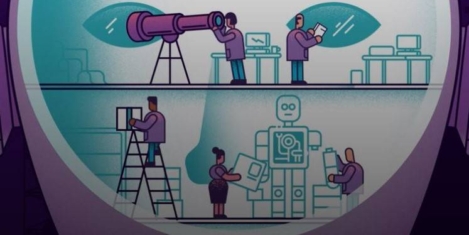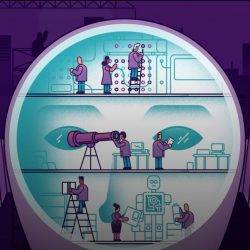May 16, 2019
Employers need to better understand flexible working
 Employers need to better understand the needs of younger candidates, particularly that of flexible working, says Gartner, after its latest Global Labor Market Survey claims that a rise in Gen Z candidate’s regrets is leading to high turnover, low engagement and low productivity. According to the survey, 40 percent of Gen Z respondents reported that they would not repeat their decision to accept the job offer they had accepted and only 51 percent said they could see themselves having a long career at their organisation. More than one-third of candidates who regret their decision intend to leave their position within 12 months.
Employers need to better understand the needs of younger candidates, particularly that of flexible working, says Gartner, after its latest Global Labor Market Survey claims that a rise in Gen Z candidate’s regrets is leading to high turnover, low engagement and low productivity. According to the survey, 40 percent of Gen Z respondents reported that they would not repeat their decision to accept the job offer they had accepted and only 51 percent said they could see themselves having a long career at their organisation. More than one-third of candidates who regret their decision intend to leave their position within 12 months.









 Digital disruption has led to a rise in the number of FTSE 100 CEOs with a background in technology, but age, education and gender diversity remain stagnant, claim the results of the annual
Digital disruption has led to a rise in the number of FTSE 100 CEOs with a background in technology, but age, education and gender diversity remain stagnant, claim the results of the annual 






 The tech sector is facing high departure rates as employees’ complain of work impinging on their home life, coupled with a lack of learning & development opportunities. It’s been estimated that vacancies already outweigh skilled talent in the UK tech industry, where there are an estimated
The tech sector is facing high departure rates as employees’ complain of work impinging on their home life, coupled with a lack of learning & development opportunities. It’s been estimated that vacancies already outweigh skilled talent in the UK tech industry, where there are an estimated 

















